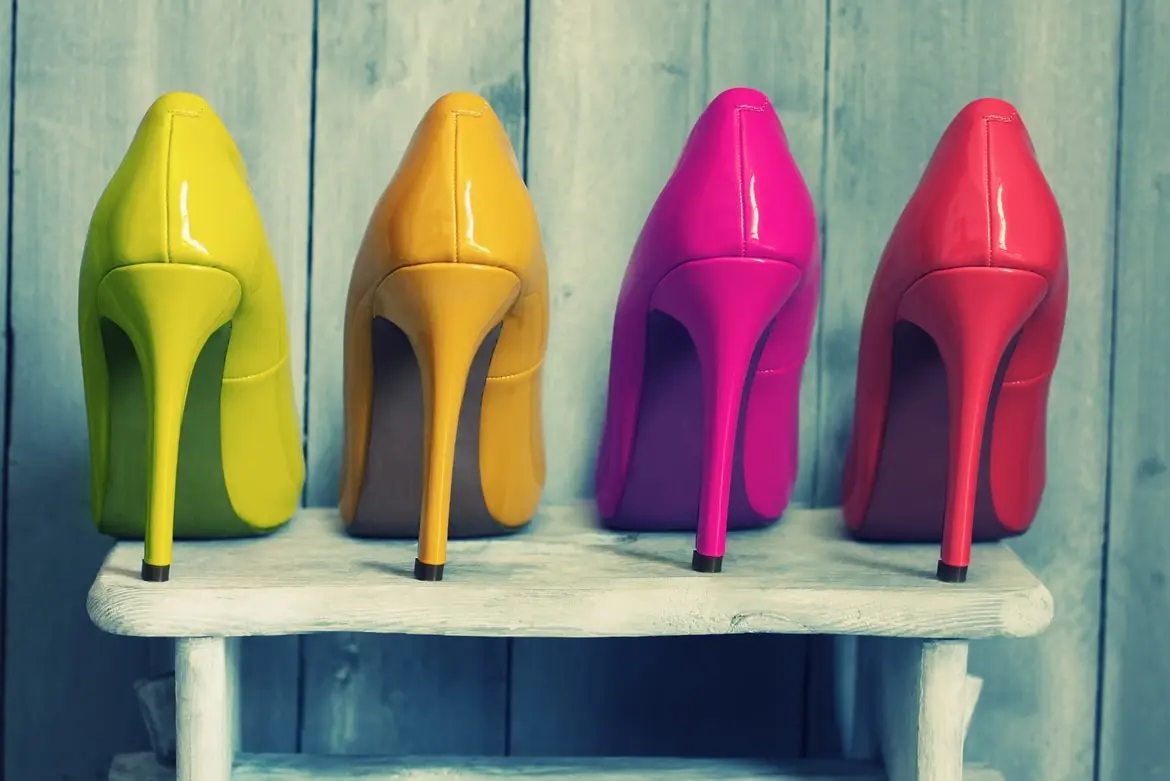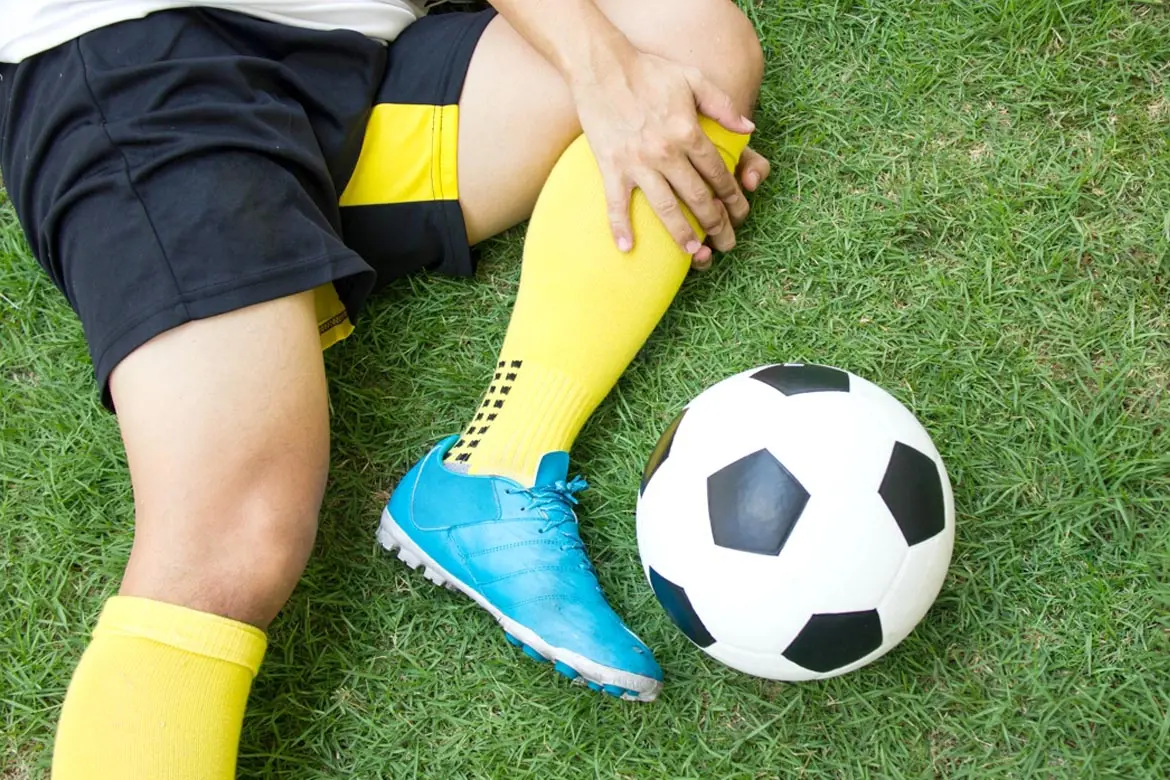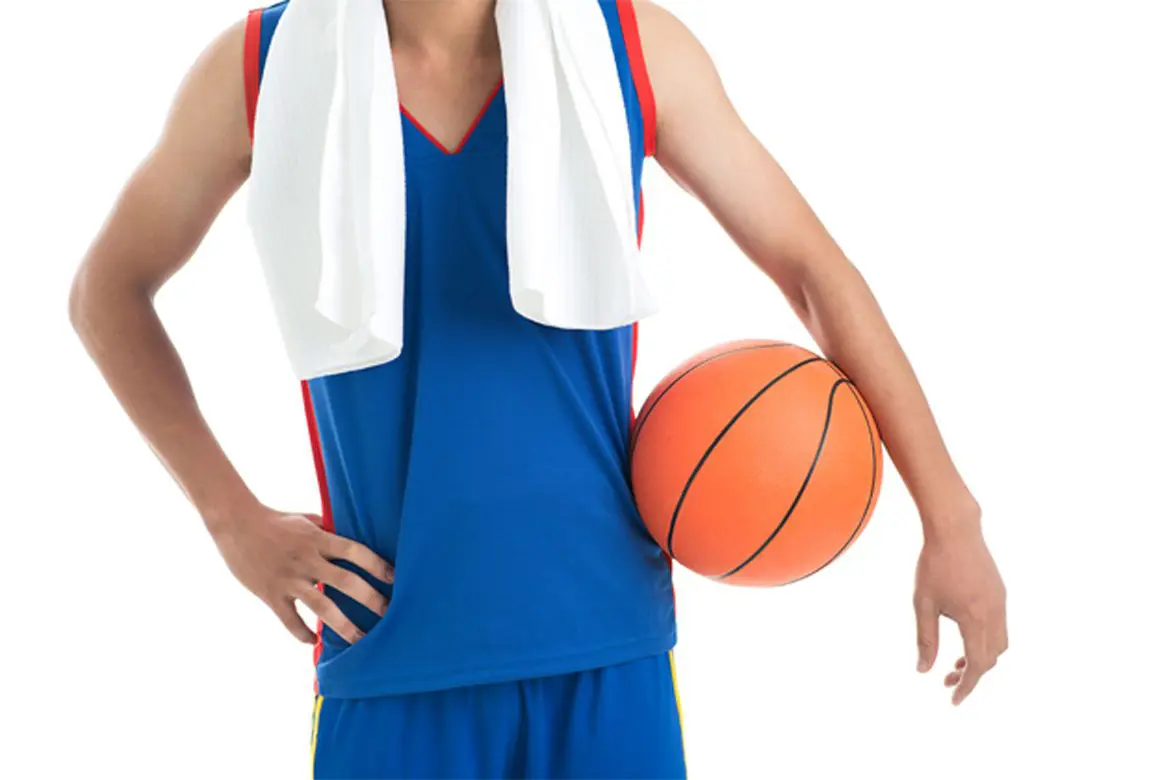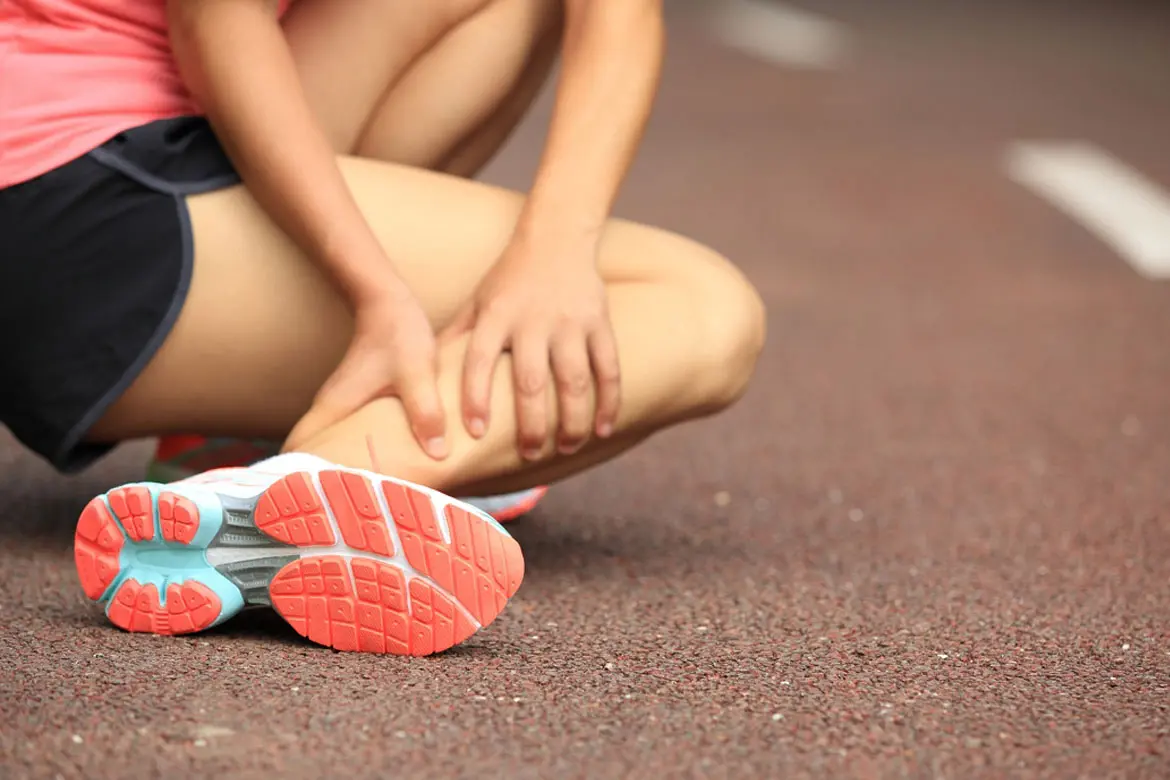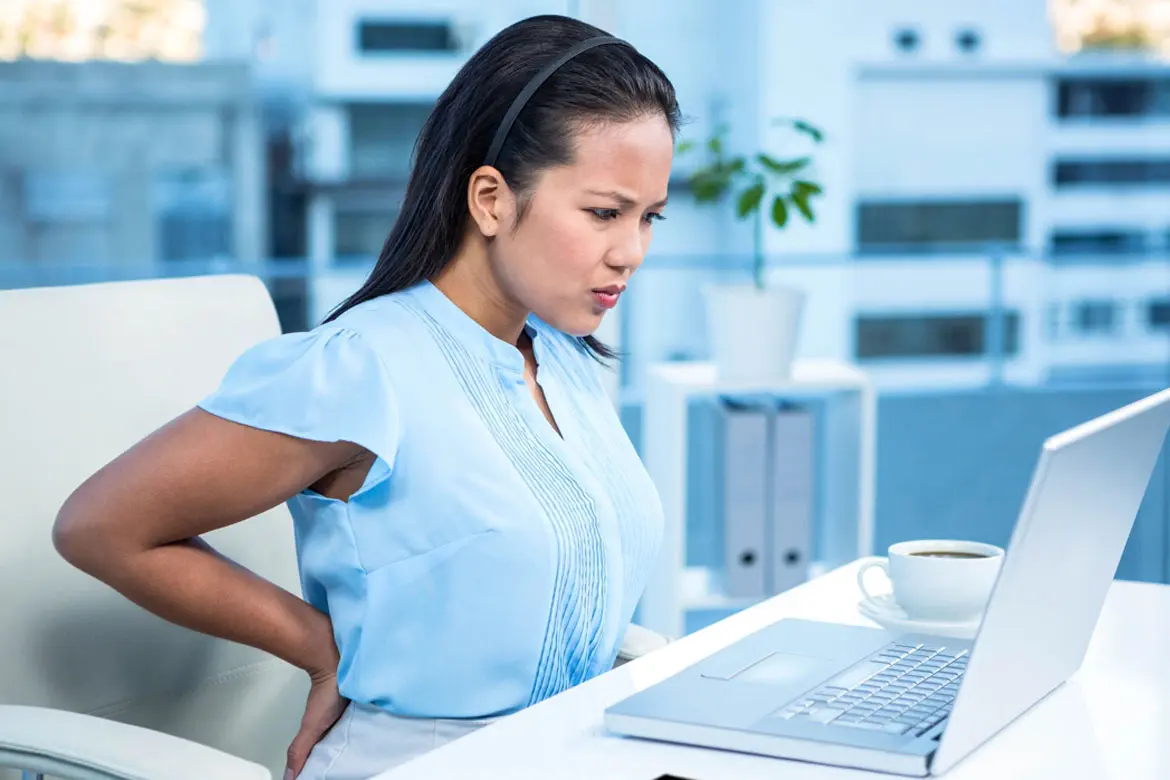A pair of high heels is a common fashion accessory for many women. But according to research, frequent use of high heels can force your body into an unnatural "plantarflexed” (tiptoe) position and inflict severe damage to your health in the long term.
How heels affect different parts of your body
Spine – Walking in high heels causes your spine to sway unnaturally, and stresses your lumbar erector spinae muscle, leading to a sore lower back.
Knee – Heels put extra weight on the inner side of the knees and knee joints, leading to the risk of twisting injuries to the knees.
Feet – Heels cause your body mass to be shifted onto the balls of your feet. Apart from bunions, blisters and calluses, this uneven weight distribution can cause pinched nerves, swollen joints and Achilles tendonitis.
Varicose veins – Heels force your ankles to bend forward, restricting blood circulation in your lower limbs and leading to varicose veins. This may result in ruptured veins, and a swollen and painful sensation in your legs.
Calves – Long-term walking in heels shortens the muscles and tendons in your calves, leading to stiffness, reduced range of motion, and a higher risk of strains, sprains and lower-body injury.
Treatment options
For instant relief: Stretch your feet by standing next to a wall. Place a tennis ball underneath your foot's arch, keep your heel on the floor, and let your body weight sink in for 30 seconds. Take your weight off the ball and slowly roll your feet over the ball from side to side, and from heal to toe for 1 minute. Repeat on other foot.
Alternatively, massage the bottom of your feet by using your thumbs to slowly search for tender spots. Hold each tender point with medium pressure and wiggle your foot until the pain subsides. Repeat for other tender points.
For long-term pain management: If high heels are causing you long-term grief, but you still want to wear them on occasion, reduce the frequency of wearing them. However, if the pain and swelling in your feet become so severe that you're unable to bend your toes, see a doctor immediately.
